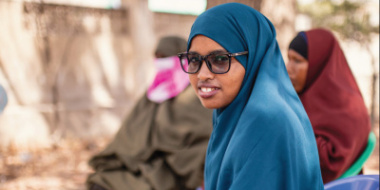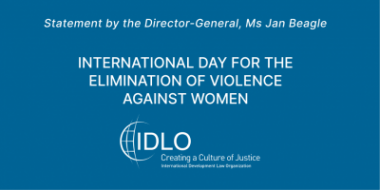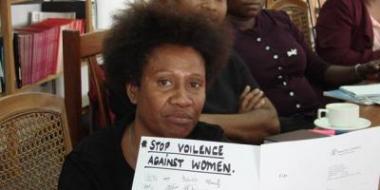Improving the response to gender-based violence in Mongolia
The Government of Mongolia has taken a number of legislative and policy steps aimed at tackling domestic violence. While the new legal framework undeniably offers an improved, holistic and more victim-centered approach, its practical implementation and adherence to ensuring the needs of victims requires significant technical assistance, ongoing monitoring, and effective coordination among all the relevant actors.
















